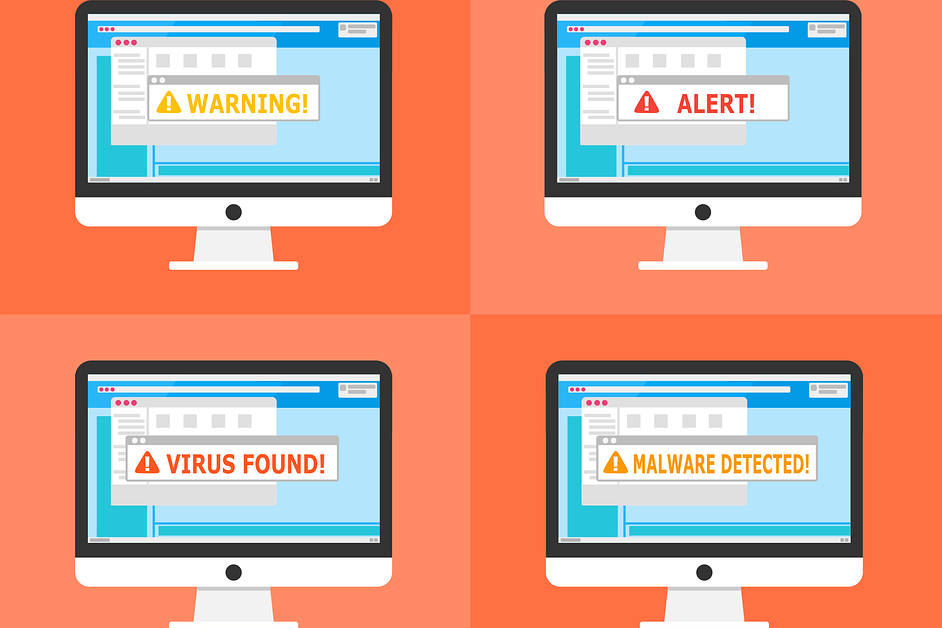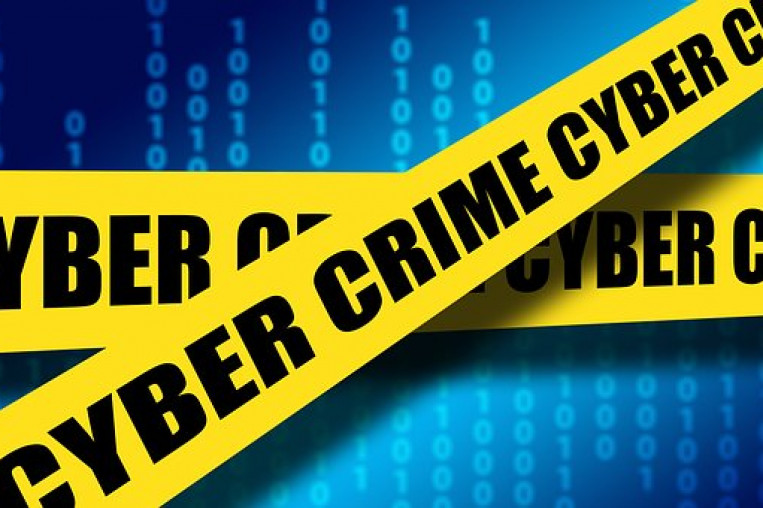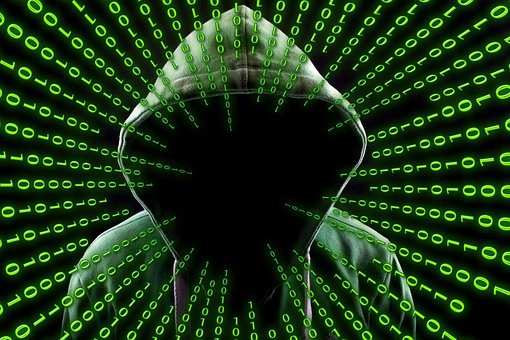
"From the criminal point of view, the Internet is the ideal place for cyber-criminals to be"
Carmen P. Flores
María Victoria, Is data sufficiently protected in the cloud?
No. Precisely because of this insecurity the idea of creating "4UCloud" came.

Are companies aware of the risks they are incurring?
Not only are they unaware of the risks they are taking by not protecting the data they store in the cloud, they are also unaware of the penalties and even criminal liability they are incurring.
Is there legal protection on the Internet?
No, none. From the criminal point of view, the Internet is the ideal place for cyber-criminals to be, and provides no protection of this kind to the user. It is the user themselves who has to protect themselves using due diligence measures. From the point of view of the habitual user, the "significant" companies in the networks are limited to generating many legal conditions perfectly priced by their teams of lawyers, where the client only has to click on "accept, accept and accept" to install any particular programme, app or join a social network. The "client" user never reads or analyzes the nonsense that they are accepting, of a contractual nature, even giving up in some cases (social networks) the use and rights to their photographs (published) and their personal data, for life.
Do companies feel secure?
No. Companies now feel vulnerable and technologically threatened, because it is indeed so. We just remember the recent global cyber attacks to appreciate the vulnerability and defencelessness that companies experience at the present moment.
Is specific legislation necessary?
The recent reform of the Penal Code has introduced 15 new types of crime, called "cybercrimes" (cracking, hacking, cyberterrorism, cyberstaging, and so on). This is a considerable step forward, considering that until the reform, crimes that had emerged as new types on the Internet had no specific regulation and were applied by analogy whatever conventional crime was analogous. Likewise, it has fomented the appearance of the new Law on Criminal Procedure, which for the first time regulates crimes in the cloud.
Are companies aware of compliance?
No, the preventive framework is poorly developed in our mentality. It has been hard work convincing prevention and the need for compliance to the businessmen of our country. In that sense, the reform of the Criminal Code and the jurisprudence that already exists on criminal responsibility of the individual person in the Supreme Court has helped considerably in the work of raising companies' awareness.
Do the Criminal Code and the Criminal Procedure Law reforms provide answers to cybercrimes?
Yes, but not all the regulation that would be necessary has been generated, given that the Internet is a constantly evolving environment and creates new criminal forms, but it has been of great help.
Is there collaboration between the private sector and the police and judicial authorities in the fight against cybercrime?
Only when they are required in judicial investigation and investigation of the relevant offense.
Are Spanish companies aware of the risks they face of cyber attacks?
They are beginning to be so now. Let's not forget that, with the last cyber attacks, there have been leading companies in our country (as is the case of Telefónica) that had their databases attacked without them being able to do anything about it.
Does cloud computing have guarantees?
It has many advantages at user level, since it allows you to work from anywhere without having to be connected to a server. As a business or individual, at the moment, it is you yourself who have to protect your own data and information if you upload it to the "cloud". As regards the major cloud providers today, all they do is cover themselves legally, but never the user.









